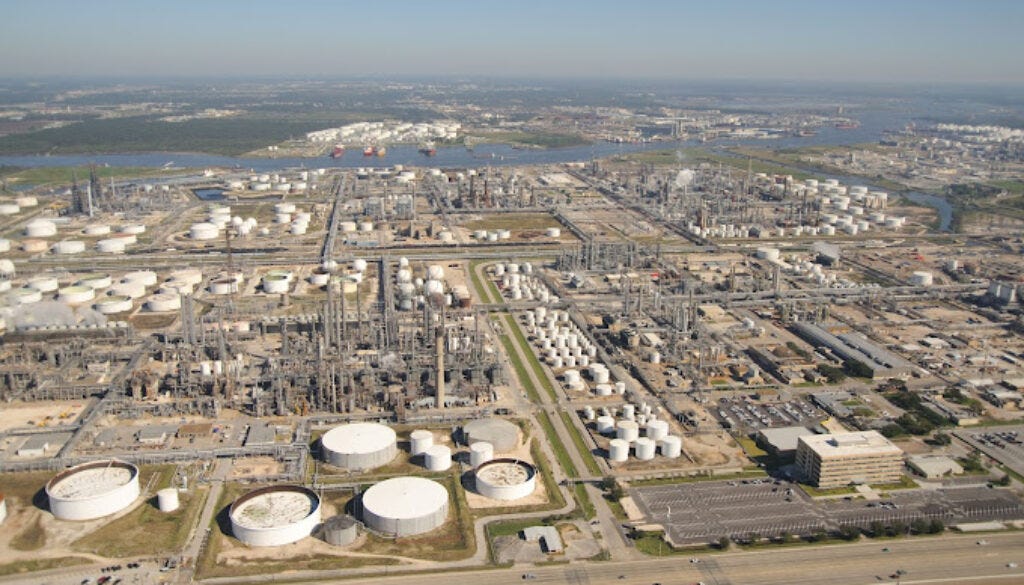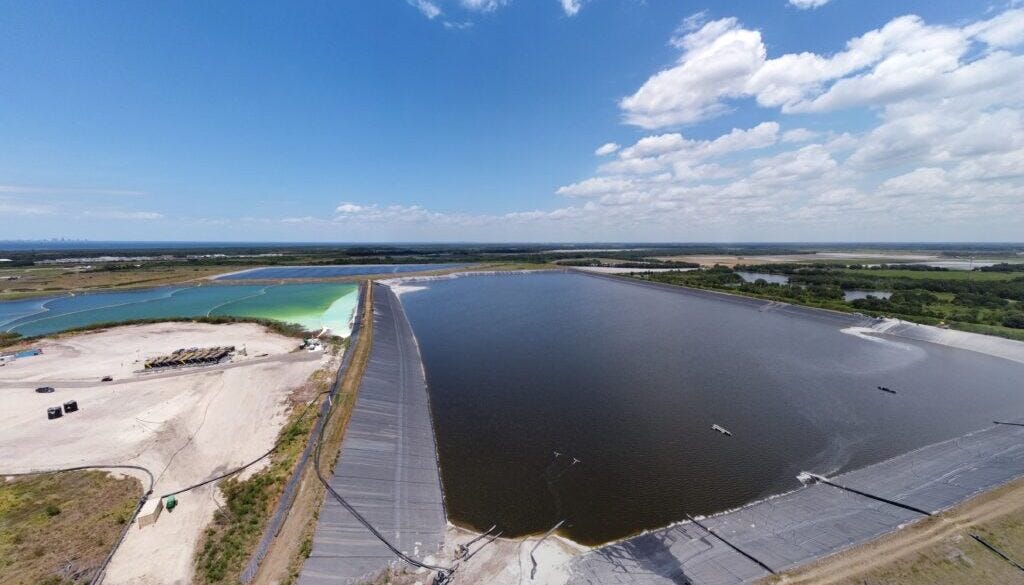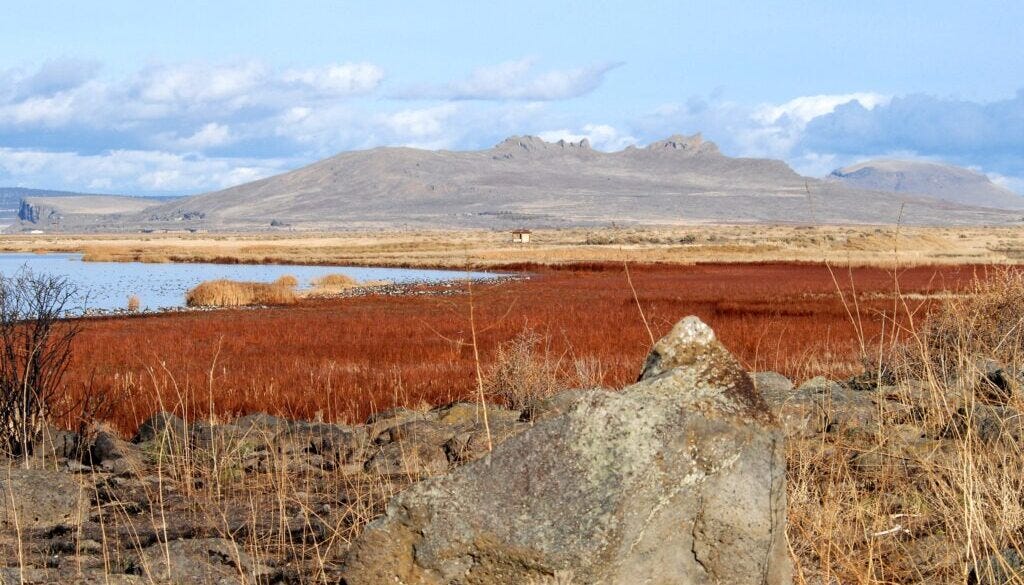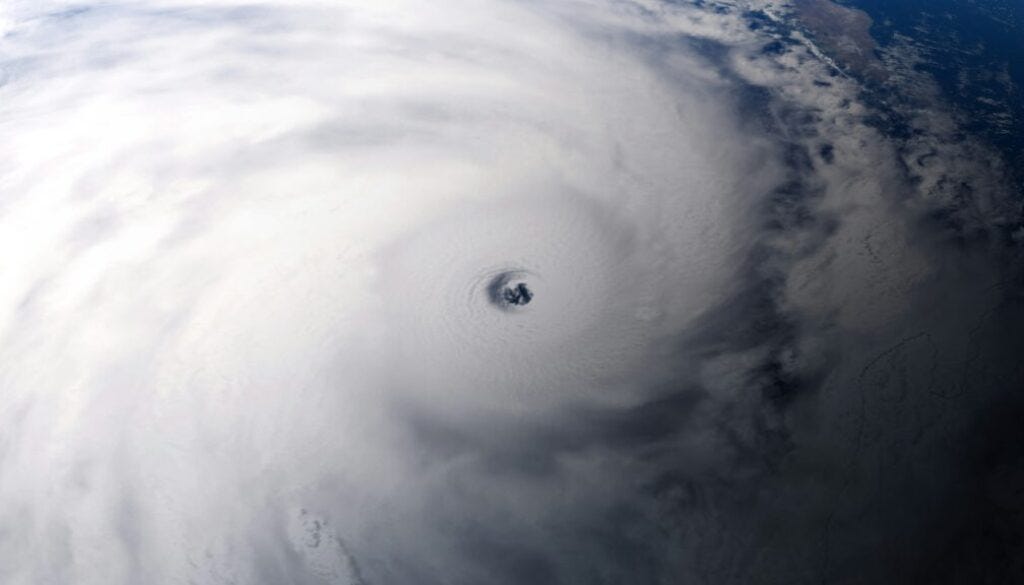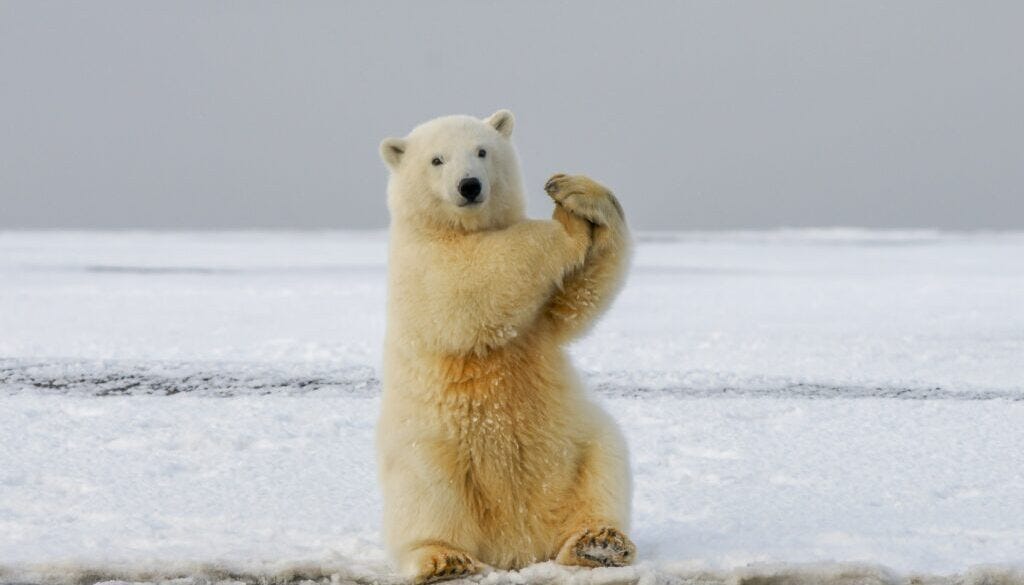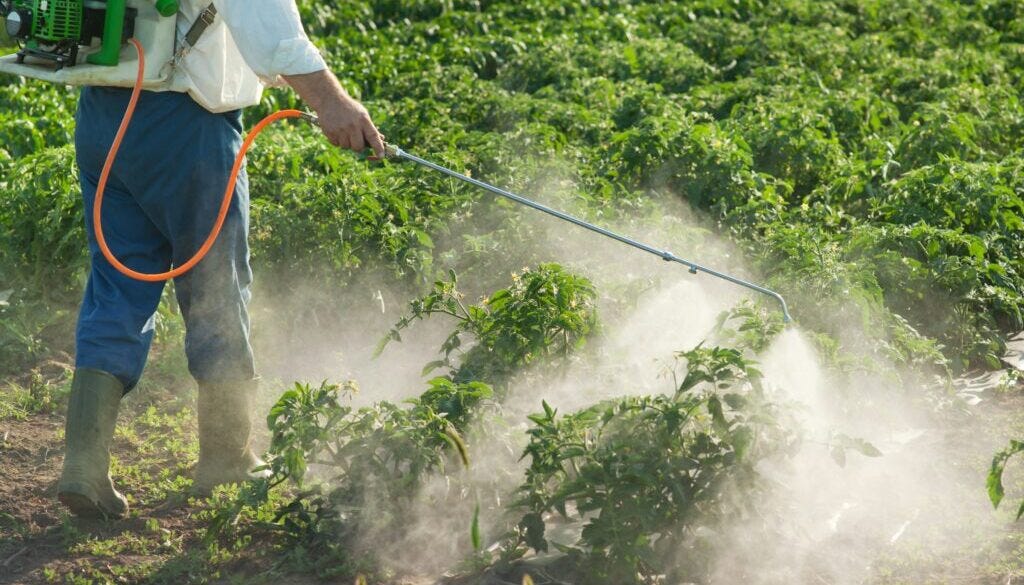Must-read recap: The New Lede's top stories
Deadly refinery leak; toxic "gypstacks" threaten Tampa Bay; botulism outbreak killing birds; Helene demonstrates more destructive storms in store; PFAS in Arctic animals; Bayer's lobbying power.
Deadly refinery leak adds to US toxic accident toll
A Texas oil refinery with a history of environmental violations was the site of a deadly hydrogen sulfide leak last week, killing two people and injuring more than two dozen others and adding to a long list of US industrial accidents US regulators say they are trying to rein in.
The chemical release is also the latest accident at the Houston refinery. The facility has been cited for nearly 2,000 environmental violations over the past decade.
Located in Deer Park, Texas along the Houston Ship channel, the 1500-acre refinery complex is owned by the Mexican oil company PEMEX, which took over full ownership of the facility from Shell in 2021.
The incident at the refinery, which occurred on the afternoon of October 10, killed two PEMEX employees, and at least 35 others were treated on the scene or transported for further medical attention, according to officials. (Read the rest of the story.)
In Hurricane Milton’s wake, toxic “gypstacks” threaten Tampa Bay area
As southwest Florida reels from the impact of Hurricane Milton, the first hurricane to directly hit the Tampa Bay area in a century, environmentalists are bracing for another possible impact – the contamination of local waterways from towering stacks of toxic industrial waste in the storm’s path.
When phosphate is processed into fertilizers for farmland, enormous quantities of phosphogypsum are left behind as heaps of concrete-like waste called “gypstacks,” which are topped with liquid waste ponds. Most US phosphate production takes place in Florida, with 25 of the 30 gypstacks located in the Sunshine State – a quantity totaling over a billion tons. The waste contains heavy metals as well as radium, which decays into a radioactive gas that causes lung cancer, according to the US Environmental Protection Agency (EPA).
“We refer to [the stacks] as ‘Florida’s Mountains’,” said Ragan Whitlock, staff attorney for the environmental nonprofit the Center for Biological Diversity, noting that the heaps of toxic chemical waste are each hundreds of feet wide and hundreds of feet tall. “Lesser storms than hurricanes have created massive structural integrity problems at these stack systems,” he said. (Read the rest of the story.)
Nearly 100,000 birds dead in botulism outbreak linked to climate change, water diversions
An ongoing outbreak of botulism, a bacterial illness that causes muscle paralysis, has killed more than 94,000 birds at Tule Lake National Wildlife Refuge in Northern California, the worst such outbreak at the lake ever recorded, according to federal scientists.
Affected birds often cannot control their muscles and often suffocate in the water, said biologist and ornithologist Teresa Wicks, with Bird Alliance of Oregon, who works in the area. “It’s a very traumatic thing to see,” Wicks said.
Though local in scale, the outbreak and catastrophic die-off are tied to global problems including declining wetlands, increasing demand for limited water resources, hydrological diversions, and a warming climate.
These kinds of outbreaks can happen around the world and the phenomenon seems to be on the rise, according to Andrew Farnsworth, a scientist at the Cornell Lab of Ornithology who studies bird migration.
“Given warming temperatures, droughts, then intense periods of rain followed by drying… the hallmarks of climate change are all over this,” Farnsworth said. (Read the rest of the story.)
“Like steroids for hurricanes” — Scientists say Helene is just a warning of what is to come
As the full extent of the devastation unleashed by Hurricane Helene in the southeastern United States becomes clear, a new scientific analysis confirms what many have already surmised – climate change worsened the hurricane’s catastrophic impacts.
As Helene demonstrates, more destructive storms are likely in store as society continues to burn oil, gas and coal, driving a rapidly warming Earth, the analysis warns.
“Yet again, our study has shown that hurricanes will keep getting worse if humans keep burning fossil fuels and subsequently warming the planet,” Friederike Otto, a climatologist at Imperial College London and lead of the World Weather Attribution initiative, said in a press release issued about the release of the study.
In the aftermath of extreme weather events, World Weather Attribution scientists use observational data and climate models to conduct what are called rapid attribution analyses. Their analysis of Hurricane Helene revealed that climate change increased the intensity of the storm’s damaging rainfall and winds. It also found that elevated sea surface temperatures, which fueled Helene’s development, were made up to 500 times more likely by anthropogenic warming. (Read the rest of the story.)
PFAS levels increasing in Arctic animals, study finds
Concentrations of toxic pollutants known as per- and polyfluoroalkyl substances (PFAS) are continuing to increase in Arctic animals such as polar bears despite efforts to rein in their use, according to a new study.
One type of PFAS known to be of particular harm, PFOS, was largely phased out starting 20 years ago. But average levels in several populations of polar bears and seals have continued to go up in recent years, according to the paper, published this month in the journal Science of the Total Environment.
Exposure to some PFAS, also called “forever chemicals,” increases the risk of a wide range of health harms to humans and animals, scientists have found.
“There’s nothing in the Arctic that isn’t contaminated by PFAS,” says study co-author Rainer Lohmann, who studies persistent organic pollutants as an environmental chemist at the University of Rhode Island. “It’s just very sad.” (Read the rest of the story.)
Opinion: Revealing the toxic lobbying power of Bayer
Hans van Sharen is a researcher and campaigner at Corporate Europe Observatory specializing in agribusiness & food, pesticides, GMOs, and lobbying the European Union.
(Opinion columns published in The New Lede represent the views of the individual(s) authoring the columns and not necessarily the perspectives of TNL editors.)
Big fossil-fuel companies like Shell, Exxon, BP or Total are not your trusted source to go to for solid advice on how to urgently prevent the climate from changing ever faster. But for halting the spread of cancer and all kinds of degenerative diseases, helping farmers out of their collective socioeconomic nightmares, combating hunger or how to avoid a further collapse of biodiversity, policymakers find it completely normal to engage with powerful agrochemical companies like Bayer and BASF.
Yet these companies produce many chemical products that are bad for our health, for the environment and increasingly for democracy itself, as shown by Corporate Europe Observatory’s new report Bayer’s Toxic Trails.
Whether it’s over glyphosate, GMOs, or global warming, we show how the company attempts to capture public policy to pursue its private interests. (Read the rest of the opinion column.)

